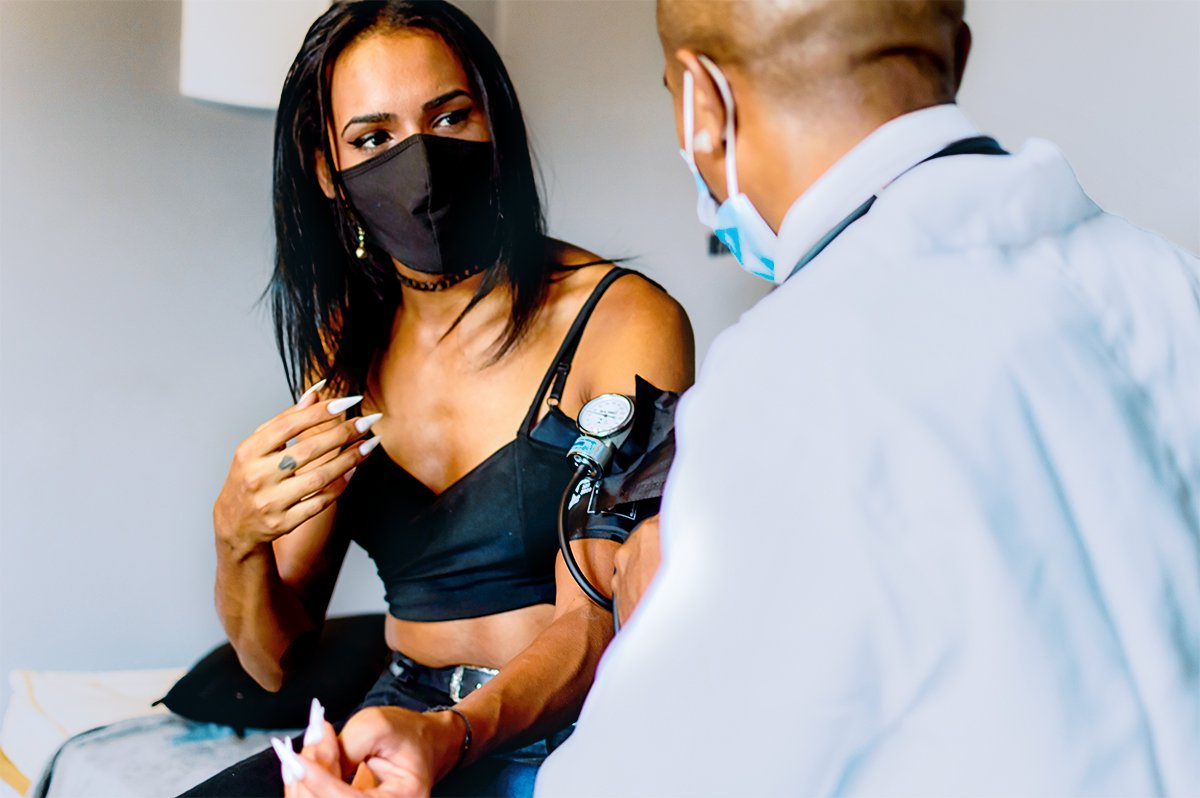Understanding the Effects of Discrimination on Healthcare in the LGBTQ Community
To better understand the effects of discrimination on an LGBTQ person’s health and wellbeing, the Center for American Progress, in conjunction with the nonpartisan research group NORC at the University of Chicago, conducted a comprehensive survey of LGBTQ Americans.
Overall, this study finds that many LGBTQ people continue to face discrimination in their personal lives, workplace and access to healthcare. This experience of discrimination leads to many adverse consequences for their financial, mental and physical wellbeing.
In addition, many LGBTQ people report altering their lives to avoid this discrimination and the trauma associated with unequal treatment. Younger generations generally report higher levels of discrimination than do older generations, and problems associated with discrimination are most pronounced among transgender individuals, individuals of color and disabled individuals.
Anxiety about the coronavirus adds another layer of concern in this community, particularly among those respondents who are the most exposed in terms of their health or front-line employment status.
Major findings from the survey include:
Around three in 10 LGBTQ Americans faced difficulties accessing necessary medical care due to cost issues, including more than half of transgender Americans.
Fifteen percent of LGBTQ Americans report postponing or avoiding medical treatment due to discrimination, including nearly three in 10 transgender individuals.
Transgender individuals have faced unique obstacles to accessing healthcare, including one in three who had to educate their doctor about transgender individuals in order to receive appropriate care.
LGBTQ Americans have experienced significant mental health issues related to the COVID-19 pandemic.
Promoting Equity in Healthcare in the LGBTQ Community
These findings provide important insights on the experiences of LGBTQ people, as well as how to eliminate disparities in care that prevent them from accessing the healthcare they want and need. An important way to achieve this goal is to develop programs aimed at helping all LGBTQ people feel comfortable, cared for and respected when visiting a doctor or other medical provider.
Some examples of what contributes to a welcoming environment include, revising patient intake forms to include additional gender identities; using a patients’ preferred names and pronouns; providing access to gender-neutral restrooms; and providing LGBTQ-specific clinical services and patient advocates/navigators.
It is also important to increase cultural competency at call centers to improve health for the LGBTQ community. This includes the implementation of training programs to enhance staff’s preparedness, knowledge, attitudes and overall competency serving LGBTQ clients.
A third main focus is to make additional resources available to address specific mental health and substance abuse challenges facing the LGBTQ community. Many people may be unaware of the symptoms of anxiety and depression, or of the treatment and support systems available. Creating new pathways to care may help LGBTQ patients feel more comfortable about reaching out for help.
According to the most recent Human Rights Campaign Foundation’s Healthcare Equality Index (HEI 2022) – a benchmarking tool that evaluates healthcare facilities nationwide – there is incredible growth in the number of healthcare institutions adopting LGBTQ+ inclusive policies and practices.
While there is still much progress to be accomplished, investing in programs that strive to create equitable, affirming and supportive environments for LGBTQ patients and their families can make a huge difference helping them live their healthiest life possible.
Pacific Federal is a Zenith American company and subsidiary of Harbour Benefit Holdings, Inc.


